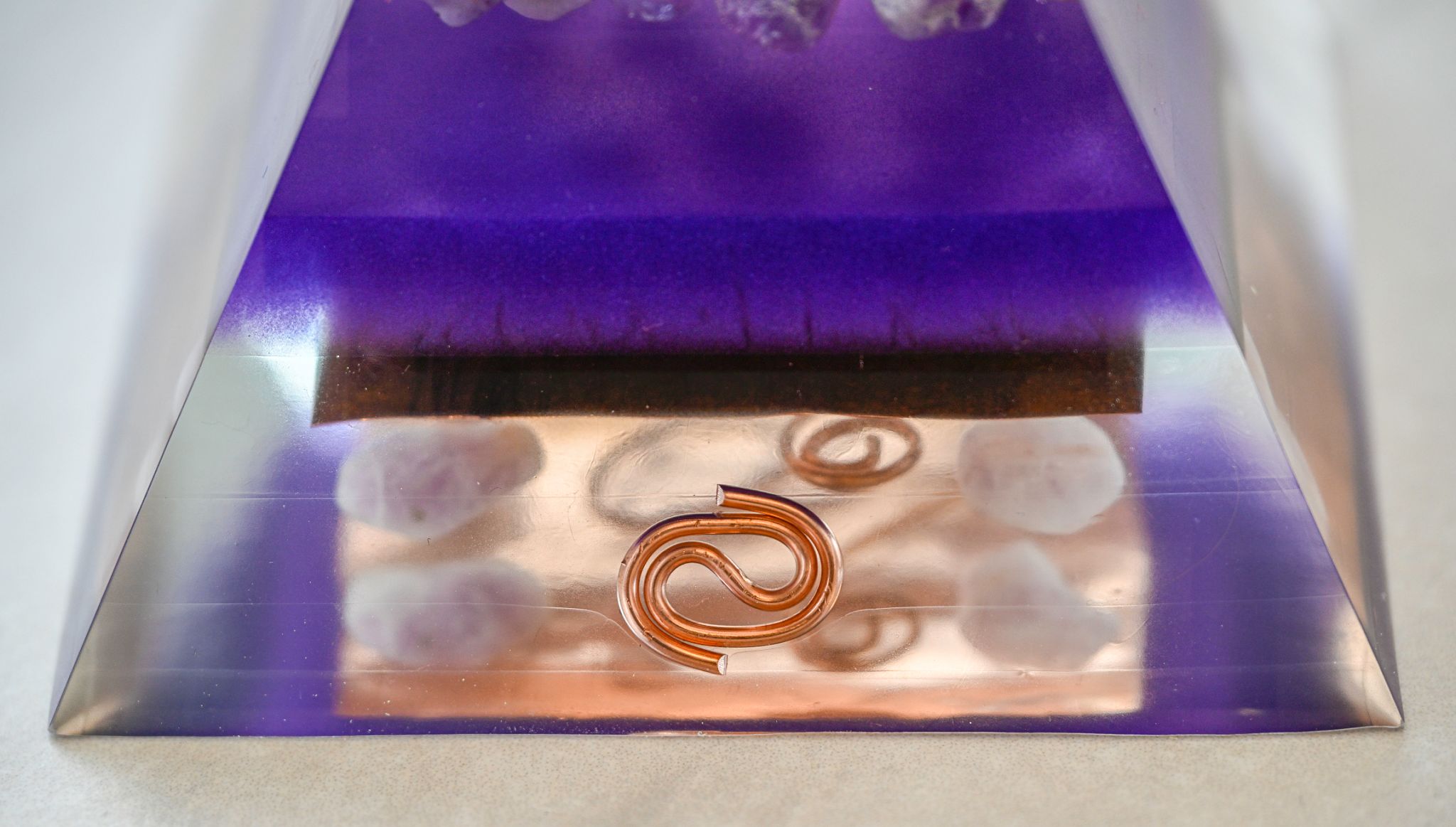Debunking Myths: Common Misconceptions About Energy Healing
Understanding Energy Healing
Energy healing is a holistic practice that has gained popularity in recent years, yet it remains shrouded in misconceptions. Many people view it as mystical or unscientific, but it's essential to separate fact from fiction to appreciate its true potential. In this post, we'll debunk some common myths surrounding energy healing and provide a clearer understanding of what it entails.

Myth 1: Energy Healing is a New Age Trend
Contrary to popular belief, energy healing is not a recent phenomenon. It has roots in ancient practices like Reiki, acupuncture, and qigong, which have been used for centuries to promote health and well-being. These methods are grounded in the idea that the body has an innate ability to heal itself, a concept that transcends cultural boundaries.
Moreover, energy healing is not confined to any particular religious or spiritual belief system. It is a versatile practice that can complement traditional medical treatments and enhance overall wellness without requiring adherence to specific dogmas.
Myth 2: Energy Healing Lacks Scientific Backing
Another common misconception is that energy healing lacks scientific evidence. While it's true that more research is needed, several studies have shown positive outcomes. For example, research on Reiki has indicated its potential to reduce stress and anxiety, while acupuncture has been widely recognized for its efficacy in pain management.

It's important to note that energy healing should not replace conventional medicine but rather serve as a complementary approach. The integration of energy healing with medical treatments can provide a holistic path to health and wellness.
Myth 3: Energy Healers Have Supernatural Powers
Many people mistakenly believe that energy healers possess supernatural abilities. In reality, energy healers are trained practitioners who facilitate the flow of energy through specific techniques. The process involves channeling universal life force energy to help balance the body's energy fields.
Anyone can learn energy healing techniques through proper training and practice. It does not require inherent mystical powers but rather an understanding of how to work with energy effectively.

Myth 4: Energy Healing Guarantees Instant Results
While some individuals may experience immediate relief, energy healing is not a quick fix for all ailments. Like any therapeutic practice, results can vary based on individual circumstances, underlying health conditions, and the practitioner's skill level. It often requires multiple sessions to achieve significant benefits.
Patience and openness are essential when exploring energy healing. By setting realistic expectations and maintaining a consistent practice, individuals can experience profound improvements over time.
The Benefits of Energy Healing
Despite the misconceptions, energy healing offers numerous benefits that can enhance physical, emotional, and spiritual well-being. Some of these benefits include:
- Stress Reduction: Energy healing can promote relaxation and reduce stress levels, contributing to better overall health.
- Pain Management: Techniques like acupuncture have been shown to alleviate chronic pain.
- Emotional Balance: Energy healing can help release emotional blockages and promote mental clarity.

Embracing a Holistic Approach
In conclusion, debunking the myths surrounding energy healing allows for a more informed perspective on its potential benefits. By embracing a holistic approach that integrates both traditional and alternative therapies, individuals can achieve a more balanced and fulfilling life.
As with any wellness practice, it's crucial to conduct thorough research and consult with qualified practitioners before embarking on an energy healing journey. With an open mind and the right guidance, energy healing can be a powerful tool for personal growth and transformation.